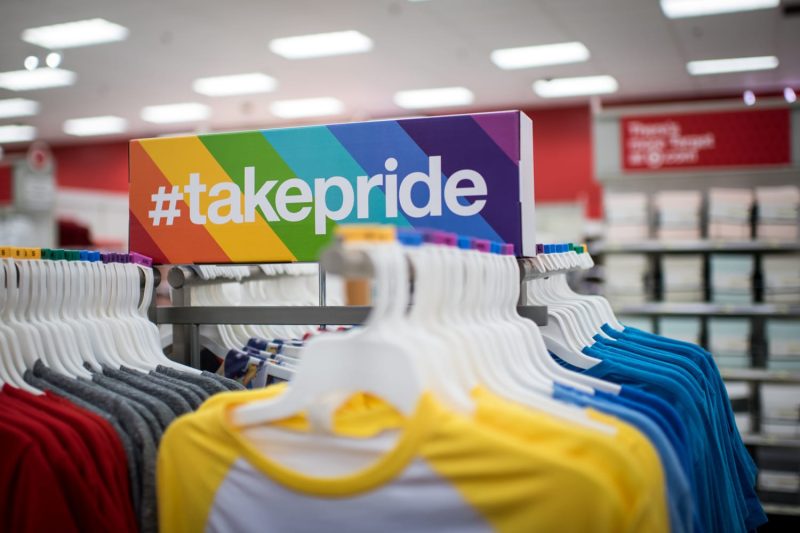In recent years, there has been a rising backlash against what has been termed as woke culture – a term used to describe a heightened awareness of social and political issues, particularly related to discrimination and inequality. This backlash has not only been evident in the public sphere but has also been reflected in various aspects of society, including in the corporate world.
One such case is the story of the Human Rights Campaign (HRC) Corporate Equality Index. Initially hailed as a groundbreaking initiative to evaluate and recognize companies for their inclusivity and support for LGBTQ rights, the Index has now found itself at the center of controversy as it becomes a target for conservative critics.
This shift in perception of the Corporate Equality Index is indicative of the broader war on woke ideologies and progressive values that has been gaining momentum in recent years. Critics argue that the index and similar initiatives have gone too far in pushing a social justice agenda, often at the expense of other beliefs and principles.
The Human Rights Campaign, as the organization behind the Index, has long been a champion for LGBTQ rights and equality. The Corporate Equality Index was introduced in 2002 as a tool to assess and promote LGBTQ equality in the workplace. Companies were rated based on their policies and practices related to LGBTQ inclusion, such as nondiscrimination policies, benefits for LGBTQ employees, and support for LGBTQ initiatives.
Many big brands and corporations embraced the Index as a way to showcase their commitment to diversity and inclusion. Being recognized as a top scorer on the Index became a badge of honor for companies looking to attract both LGBTQ talent and consumers who prioritized social responsibility.
However, as cultural and political tides have shifted in recent years, so has the perception of the Corporate Equality Index. Conservative critics now view the Index and similar initiatives as emblematic of so-called woke capitalism – a phenomenon where companies are pressured to align themselves with progressive social causes in order to avoid backlash and maintain a positive public image.
Critics argue that initiatives like the Corporate Equality Index are part of a broader trend of corporate virtue signaling, where companies prioritize appearing socially conscious over focusing on their core business functions. They claim that this emphasis on wokeness creates a hostile environment for dissenting views and stifles free speech.
As a result, the Corporate Equality Index has become a prime target for those opposed to the perceived encroachment of progressive values in corporate America. Some conservative groups have called for boycotts of companies that score highly on the Index, viewing them as complicit in a broader cultural war that seeks to undermine traditional values.
In response, supporters of the Corporate Equality Index argue that promoting LGBTQ rights and diversity in the workplace is not only a matter of social justice but also makes good business sense. Studies have shown that companies with inclusive policies and diverse workforces perform better financially and are more attractive to both employees and customers.
The debate over the Corporate Equality Index and similar initiatives underscores the larger cultural and ideological divisions that have come to define the contemporary social and political landscape. As the war on woke ideologies continues to escalate, the role of corporations in promoting social change and shaping public discourse remains a contentious and evolving issue.

